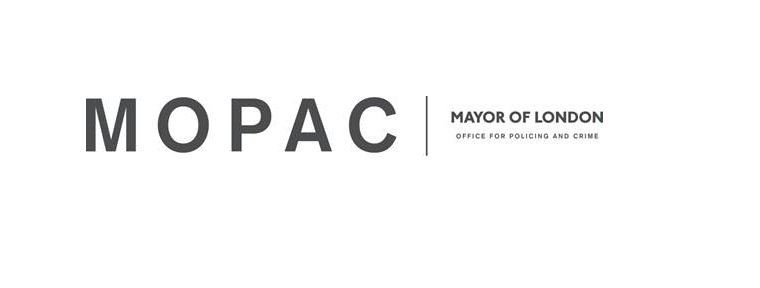Racial Prejudice in London's Music Scene: Black Artists and Promoters Face Systemic Barriers
In a world where music is often celebrated for its diversity and ability to bring people together, it's alarming to realise that racial inequalities still persist behind the scenes. Black artists and event promoters face systemic challenges that stifle their creativity and limit their opportunities. These barriers aren't just subtle inconveniences—they're institutional obstacles that have long affected the night-time economy, especially in a city as culturally rich as London. Black Lives in Music (BLiM) is an organisation dedicated to dismantling these obstacles, pushing for change and creating a future where the music industry is truly inclusive. A couple of years ago, BLiM ran a survey that delved into ‘Being Black in the Music Industry’ which unfortunately uncovered discrimination and terrible abuses.
Working with the likes of the GLA, Mayor’s Office for Policing and Crime (MOPAC), and The Musicians’ Union, BLiM tackles the harsh realities faced by Black artists and event promoters. The inequalities in the music industry, especially in London’s night-time economy, are glaring.Having your event cancelled just because of your race or the type of music you perform isn't some far-off issue—it's the lived reality for many Black and Brown people. It’s frustrating that in 2024, discrimination remains so pervasive.
Form 696, a controversial policy used to profile events based on ethnicity, was banned in 2017, but its legacy lingers. Venues, promoters, and artists still face unnecessary cancellations, unjust policies, and a lack of transparency when seeking licenses for events.
Promoters have had to go as far as changing their event names to something that sounds 'whiter' just to secure venues, a painful reminder that systemic bias still runs deep. To have an organisation like BLiM, which doesn’t just identify these problems but works actively to solve them, is inspiring as it creates pathways for Black artists and promoters to thrive in an industry that too often shuts us out. Their ongoing research on the impact of licensing policies and their efforts to create open dialogue with councils and the police are paving the way for much-needed change.
Charisse Beaumont, CEO of Black Lives In Music
“In one case a large venue called an artist on the day of the event,” said Charisse Beaumont, CEO on BLiM, “to say they had researched them on the internet and they play hip hop. They feared they would lose their licence, so cancelled the performance. There are other stories of large venues receiving calls from the police advising them to stop a performance. Imagine a small venue or promoter receiving that call, who don’t have the contacts with police and councillors to object. This is what Black and Brown entrepreneurs, promoters and artists face every single day.”
By addressing the inconsistencies across different boroughs and confronting racial bias head-on, BLiM is dedicated to creating a future where all artists and promoters can thrive, no matter their background.
BLiM also recently launched their new survey, YourSafetyYourSay [https://blim.org.uk/change/], to address Bullying and Harassment in the music industry. After becoming aware of shocking abuse, BLiM will use the anonymous survey to collect real world data. This will inform legislation and the work of the new Creative Industries Independent Standards Authority (CIISA) and the wider music industry. It will also be used to support BLiM’s forthcoming Anti Racist Code of Conduct and reporting tool, which will work towards eradicating discrimination, bullying and harassment throughout the music ecosystem.



